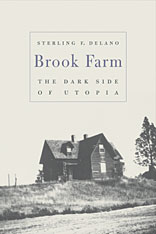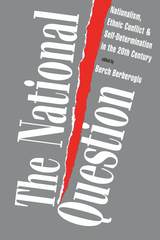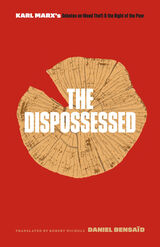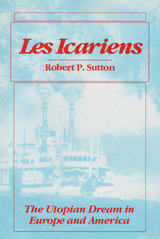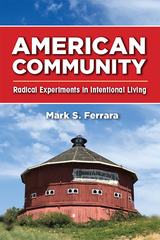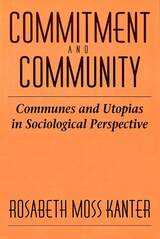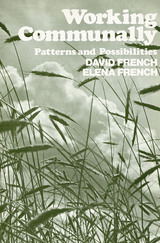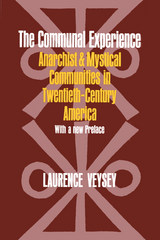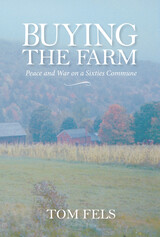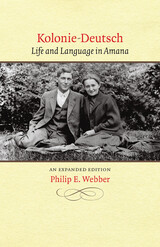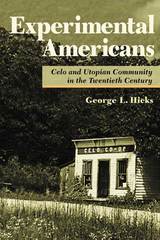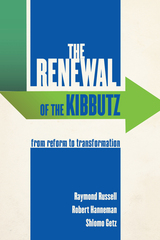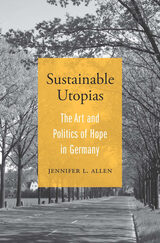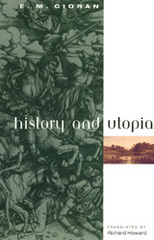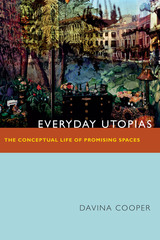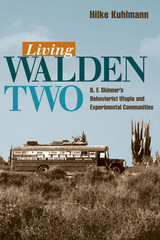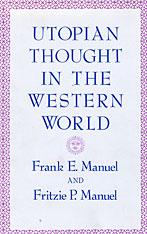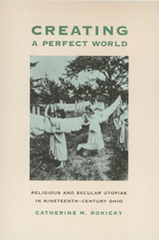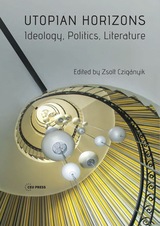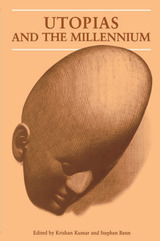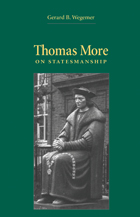Brook Farm removes the mist and moonshine that hitherto has obscured America's most famous utopian experiment. This engaging history restores the full texture of this fascinating incarnation of American idealism.
-- Philip F. Gura, William S. Newman Distinguished Professor of American Literature and Culture, University of North Carolina
There is a clear need for a study of Brook Farm that offers a humanistic perspective on the utopian experiment. This book fills that gap. In this comprehensive history, Sterling Delano sheds fascinating light on the values and attitudes of leading Transcendentalists.
-- Steven Mintz, co-editor of The Boisterous Sea of Liberty
Transcendentalism is one of the most famous movements in American history, but astonishingly there has never been a modern history of one of its most significant chapters, the commune at Brook Farm. At long last, Sterling Delano has filled that gap very ably indeed.
-- Lawrence Buell, author of Literary Transcendentalism and Emerson
Going beyond the usual sunny pictures of Brook Farm, Delano tells the full story of what Nathaniel Hawthorne termed 'the inner truth and spirit of the whole affair.' This is the book on Brook Farm, essential reading for anyone interested in utopian studies and the Transcendentalists.
-- Joel Myerson, Carolina Distinguished Professor of American Literature, Emeritus, University of South Carolina, and editor of Transcendentalism: A Reader and The Later Lectures of Ralph Waldo Emerson
Brook Farm is one of America's most famous utopian experiments. Located on a 200-acre dairy farm in Roxbury, Massachusetts, it was founded in 1841, a time of social ferment for women's rights, abolition, and worker's rights...Days of laboring in the fields began with classical music and ended with dramatic plays. Supporters included Nathanial Hawthorne, Ralph Waldo Emerson, and Margaret Fuller. Despite enthusiasm for the project, it failed after six years, primarily due to financial stress...Drawing on correspondence, documents, journals, and newspaper accounts, Delano also highlights the personal and class tensions that doomed the experiment. This is a compelling look at the history of progressive social movements in America and the failure of one of the best-known experiments.
-- Vanessa Bush Booklist
In his copiously researched, briskly narrated chronicle of Brook Farm's life and times, Sterling Delano capably recaptures the exuberant mood of possibility surrounding the utopian community's founding and brief but celebrated career.
-- Chris Lehmann Washington Post
Brook Farm was founded by George Ripley in 1841 in West Roxbury, Massachusetts. It was conceived as an agrarian and pastoral utopia. The experimental project imploded shortly thereafter, as a result of a little mischief-maker called human nature, and has remained ever after a cultural, historical, and philosophical curiosity. In this informative new book, author Sterling F. Delano, a professor of English at Villanova University, documents the dark side of paradise, as the Brookians fall prey to the worst of their own personalities.
-- John A. Murray Bloomsbury Review
Excellent éxpose (albeit a century and a half late) of the most famous American utopian experiment, made famous by the Transcendentalists and Nathaniel Hawthorne's The Blithedale Romance.
-- Carlin Romano Philadelphia Inquirer
Its ample documentation, notes, and authoritative sources will, in fact, appeal to the scholar, while its language, style and generally chronological development make the book accessible to a general audience seeking a history of the West Roxbury, Massachusetts, experiment
Delano explains that he intends to be "corrective" and "revisionary" and is particularly effective in clarifying Brook Farm's relationship to the transcendentalists, who were not wholly in support of the community as some accounts would have it
The book is notably successful in placing Brook Farm in the spirit of the era, relating it to the flood of intentional communities appearing during that period
Delano conjures up a sense of this vital, ambitious time in all its high-mindedness and sometimes misguided ventures
The story
is presented here with effective detail and breadth.
-- Luise van Keuren Utopian Studies
This is a thorough, thoughtful, and immensely readable work deserving a careful reading from students and scholars in all areas of American history, literature, and culture.
-- Sam Worley The Register of the Kentucky Historical Society
